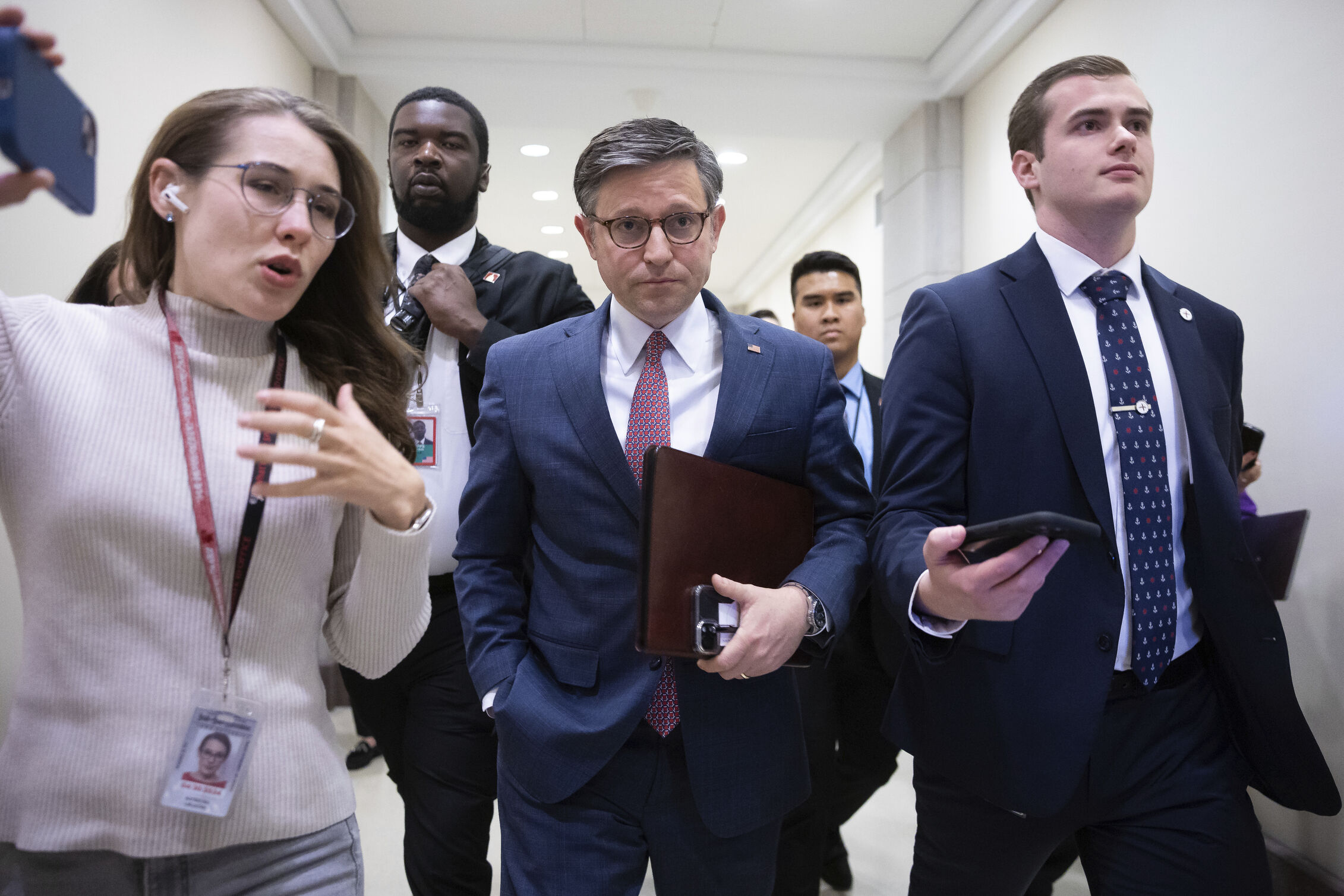The National Security Law Podcast: This Podcast Is Not Subject to Military Jurisdiction
Your favorite weekly show combining serious debate about the latest national-security legal developments with a healthy dose of frivolity is back!
Published by The Lawfare Institute
in Cooperation With

Your favorite weekly show combining serious debate about the latest national-security legal developments with a healthy dose of frivolity is back!
This week we open with the Supreme Court: What are the stakes in the Larabee litigation concerning the recall of retired military personnel in order to subject them to court-martial jurisdiction? Is there anything to the claim in Hamidullin that U.S. courts should grant combatant immunity from prosecution to a Russian veteran who ambushed U.S. and Afghan forces in 2009? And while we’re talking SCOTUS, what was the deal with lifting a stay in a death penalty case in which a state was not in a position at that moment to provide access to a religious figure of the right persuasion during an execution?
The Hamidullin case actually segues nicely to a review of the legal and other challenges that will arise if captured Islamic State fighters are taken to GTMO as part of a larger deal to resolve the fate of a large group of Islamic State fighters currently held by the Syrian Democratic Forces.
Speaking of terrorists behind bars, we’ve also got the unbelievable situation that recently unfolded in Germany, where a guy served a (comparatively-short) sentence for involvement in a plot to kill Americans in Germany, and the United States had just unsealed an indictment charging him with crimes in Afghanistan including the death of two U.S. soldiers. Extradited to the U.S., right? No, sent to Turkey, apparently based on a double-jeopardy theory. Vas ist das?
Well, as long as we are talking about the arrest of terrorism suspects, we’ve got a National Security Division update involving the arrest of two guys who were supporters of Lashkar e-Tayyiba, the Pakistan-based terrorist group responsible for the 2008 hotel attack in Mumbai. One of the guys had expressed interest in training to become an executioner, particularly on the beheading side of that line of work.
Next, we have a very quick run-through of the legal issues raised by Project Raven, based on the recent Reuters story describing former NSA employees working as contractors for the UAE’s signals-intelligence service. Pro tip: If you go to work for the UAE’s spy service, do not act surprised when you find out they are monitoring political critics. (For more, read what Bobby wrote on Lawfare here.)
But you are in it for the frivolity, no? Excellent! Well, we’ve been going to concerts and watching the Grammys, and we have strong opinions about all of it!






